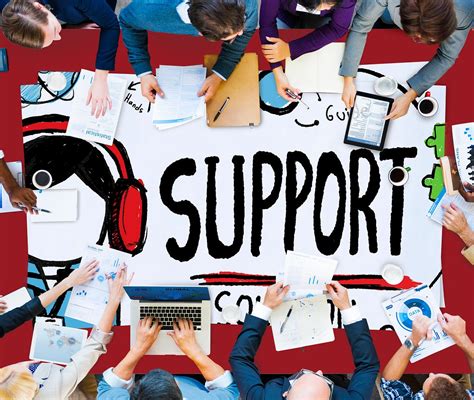How does societal pressure or traditional masculinity affect men’s willingness to seek mental health support?

The Unseen Battle: Men and Mental Health
For too long, mental health has been a topic shrouded in silence, especially when it comes to men. While global conversations around mental wellbeing are increasing, a significant barrier persists for men seeking help: the powerful, pervasive influence of societal pressure and traditional masculinity. These deep-seated norms often dictate that men must be strong, stoic, and self-reliant, characteristics that inadvertently discourage vulnerability and the admission of struggle.
This article explores how these expectations create a challenging environment for men, impacting their willingness to seek the support they desperately need, and examines the profound consequences of this reluctance.

The Burden of Traditional Masculinity
Traditional masculinity often paints a picture of a man who is tough, independent, and unemotional. From a young age, boys are frequently taught that expressing feelings like sadness, fear, or anxiety is a sign of weakness. Phrases such as “man up,” “boys don’t cry,” or “get over it” subtly yet powerfully reinforce the idea that emotions are to be suppressed, not shared.
This cultural conditioning leads many men to internalize the belief that seeking help for mental health issues is an admission of failure or a betrayal of their masculine identity. The expectation to be the provider, protector, and unshakeable pillar for their families and communities can make it incredibly difficult to confess internal struggles, fearing they might be perceived as incapable or less masculine.
Stigma, Shame, and the Fear of Weakness
Beyond the internal struggle, external factors like stigma and shame play a critical role. Society often associates mental health conditions with weakness or instability. For men, this can be amplified by the fear of social judgment, ridicule, or even professional repercussions. The idea of attending therapy, taking medication for anxiety or depression, or openly discussing emotional pain can trigger intense feelings of shame.

Many men worry that opening up might alienate them from their peers, partners, or even family members who might not understand or might inadvertently reinforce the very stereotypes they are trying to break free from. This fear of being seen as “less than” can be a potent deterrent, leading men to suffer in silence rather than risk social isolation or a perceived loss of status.
The Dangerous Consequences of Unaddressed Issues
The reluctance to seek mental health support has grave consequences. Unaddressed mental health conditions can escalate, leading to chronic depression, severe anxiety, substance abuse, and even higher rates of suicide among men compared to women. When emotional pain is suppressed, it often finds other, more destructive outlets. Men might resort to anger, aggression, isolation, or self-medication as coping mechanisms, which only exacerbate their underlying issues.

Moreover, the impact extends beyond the individual. Relationships with partners, children, and friends can suffer due to emotional unavailability, irritability, or withdrawal. Productivity at work can decline, and overall quality of life diminishes significantly when mental health challenges are left unacknowledged and untreated.
Paving the Way for Change: Encouraging Men to Seek Help
Breaking down these barriers requires a multifaceted approach. Firstly, there needs to be a fundamental redefinition of masculinity that embraces emotional intelligence, vulnerability, and help-seeking as strengths, not weaknesses. Education campaigns can play a crucial role in normalizing mental health discussions and destigmatizing therapy for men.

Creating safe, accessible, and male-friendly mental health resources is also vital. This might include male-specific support groups, therapists who understand masculine experiences, and online platforms that offer anonymous initial support. Encouraging open conversations within families, schools, and workplaces can help dismantle the cultural silence surrounding men’s mental health.
Ultimately, empowering men to seek support means fostering an environment where emotional expression is not only accepted but celebrated as a sign of courage and self-awareness.

Conclusion
The interplay of societal pressure and traditional masculinity poses a formidable obstacle to men’s mental health support-seeking behaviors. By perpetuating ideals of stoicism and self-reliance, these forces inadvertently condemn many men to silent suffering. It is imperative that we, as a society, challenge these outdated norms and cultivate a culture where men feel empowered, not ashamed, to seek help for their mental wellbeing. Only then can we ensure that mental health support becomes a right for all, unhindered by gender expectations.









